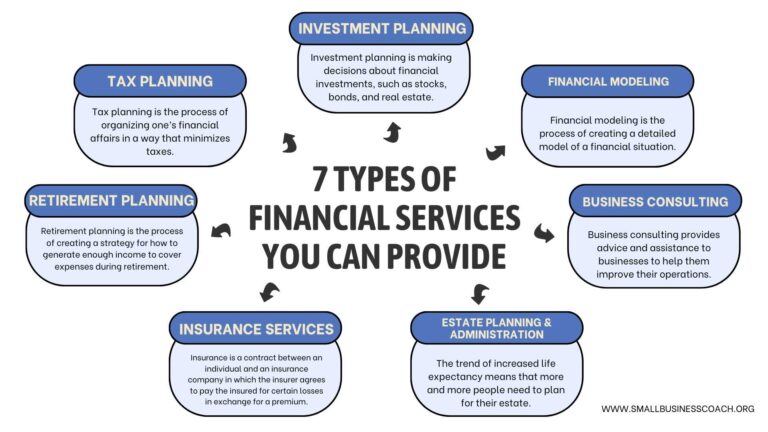In the world of academia, writing works as a basic tool for communication, expedition, and
circulation of knowledge. Whether you’re a pupil, scientist, or scholar, mastering the art of
academic writing is critical for success. It can be a difficult task, calling for not just subject
knowledge but additionally efficiency in sharing intricate ideas effectively. In this
comprehensive overview, we’ll look into the very best methods for academic writing, offering
informative ideas and techniques to help you sharpen your abilities and generate impactful
academic Work.
Understanding Academic Writing
Prior to diving right into best methods, it’s important to understand the essence of academic
writing. Unlike laid-back or imaginative writing, academic writing is identified by its official
tone, organized technique, and focus on clarity, accuracy, and evidence-based
argumentation. Its key objective is to add to the body of expertise within a particular area or
technique, fostering intellectual discourse and advancing understanding.
Secret Elements of Academic writing
Clear and Succinct Language:
Academic writing needs clearness and brevity. Prevent ambiguity and verbosity by utilizing
accurate language and straightforward expressions. Make sure that your concepts exist
realistically and coherently, permitting visitors to follow your debates effortlessly.
Important Thinking:
Take part in essential evaluation and evaluation of existing literary works and research
searchings for. Create your very own viewpoint by synthesizing diverse resources and
supplying informative analyses. Difficulty assumptions, identify spaces in knowledge, and
recommend ingenious remedies or viewpoints.Need essay writing services reviewed? Check this post for comprehensive recommendations and insights into the most reputable platforms available.
Evidence-Based Argumentation:
Support your insurance claims and disagreements with qualified proof from reputable
resources such as scholarly short articles, books, and empirical information. Acknowledge
opposing perspectives and counterarguments, but give reasoned answers supported by
evidence.
Appropriate Referencing and Citation:
Academic stability is extremely important. Properly point out all resources made use of in
your writing to prevent plagiarism and promote scholarly criteria. Acquaint yourself with the
appropriate citation style (e.g., APA, MLA, Chicago) called for by your discipline and follow
its standards carefully.
Structural Organization:
Organize your writing into clear, well-defined areas such as introduction, literary works
review, methodology, results, discussion, and Final Thought. Each section must offer a
distinct purpose and add to the general coherence and circulation of your paper.
Finest Practices for Academic writing
Begin Early and Plan Ahead:
Begin your writing procedure well ahead of time to allow ample time for research, drafting,
revision, and editing. Produce a realistic timeline and established possible landmarks to
remain on track and lessen final stress and anxiety.
Thorough research:
Conduct thorough research to gather appropriate literary works and empirical information
concerning your subject. Use different resources such as academic journals, books,
meeting procedures, and trustworthy websites to guarantee an all-round understanding of
the subject.
Create a Summary:
Lay out the structure of your paper before diving right into writing. A clear outline acts as a
roadmap, leading the flow of your debates and guaranteeing coherence and logical
development. Consist of bottom lines, subtopics, and sustaining proof in your outline.
Preparing and Revising:
write an initial draft of your paper, focusing on sharing your concepts without stressing
concerning perfection. When the draft is total, Revise and refine your writing iteratively.
Take note of clearness, coherence, grammar, punctuation, and format.
Look for Feedback:
Solicit responses from peers, coaches, or teachers to acquire important understandings and
viewpoints on your writing. Positive objection can help recognize areas for improvement and
boost the total top quality of your Work. Be open to responses and happy to Revise as
necessary.
Polish Your writing:
Pay thorough attention to information throughout the editing and proofreading phases.
Check for spelling mistakes, grammatic mistakes, spelling variances, and formatting
problems. Make certain adherence to the recommended citation design and validate the
accuracy of all referrals.
Remain Organized and Manage Time Successfully:
Preserve an organized approach to writing by creating a helpful Work setting, setting
sensible objectives, and handling your time successfully. Prioritize jobs, eliminate
distractions, and allot sufficient time for writing, research, and revision.
Exercise Regularly:
Like any type of skill, academic writing enhances with method. Commit time to writing
consistently, whether it’s with coursework, research projects, or individual ventures.
Obstacle on your own to check out brand-new topics, try out different writing styles, and
refine your techniques.
Conclusion:
Understanding academic writing is a trip that requires commitment, perseverance, and
continual improvement of abilities. By adhering to the very best techniques detailed in this
guide, you can improve your writing proficiency and generate academic Work that is
strenuous, compelling, and impactful. Keep in mind to come close to writing as a procedure
of expedition and exploration, embracing responses and finding out from each experience.
With persistence and practice, you’ll end up being adept at browsing the intricacies of
academic discourse and making significant payments to your field.





















